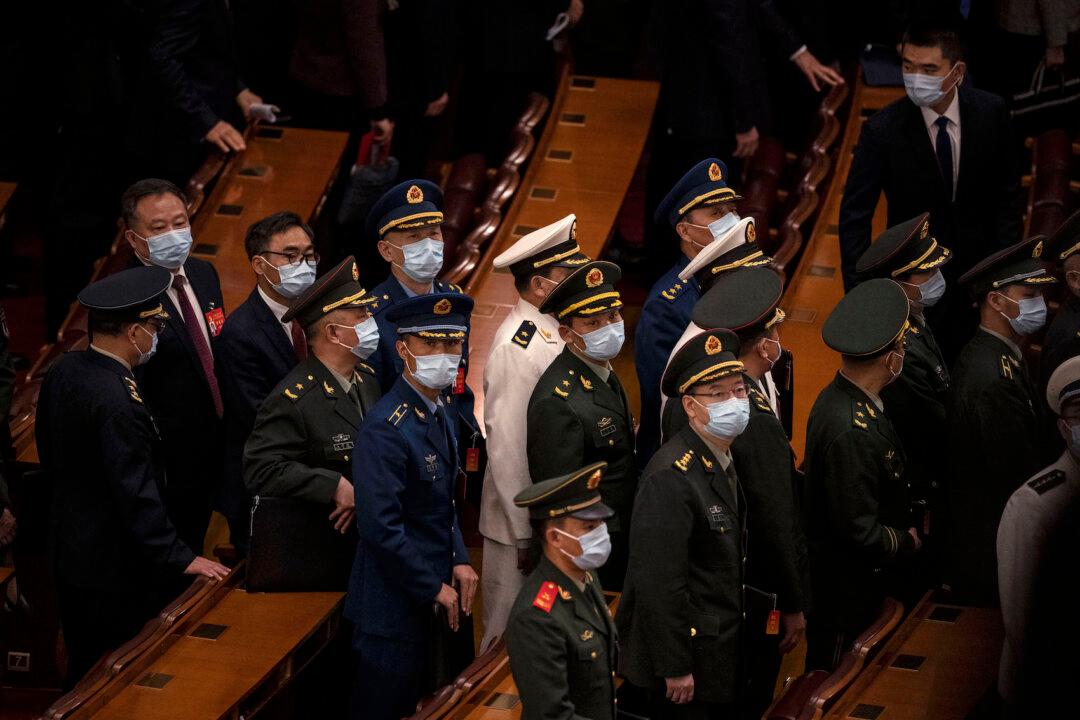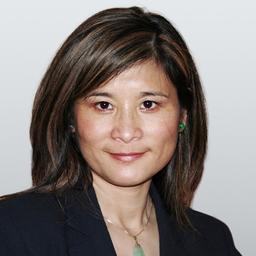Two military officers were promoted to the rank of general on March 28 by the Central Military Commission (CMC), which is headed by Xi Jinping, leader of the Chinese Communist Party (CCP). Commentators say the promotions indicate that Xi is further tightening his grip over the party’s military machine, the People’s Liberation Army (PLA).
An official announcement by state-run Xinhua identified the promoted officers as Wang Renhua, secretary of the Commission for Political and Legal Affairs of the CMC, and Xiao Tianliang, president of the University of National Defense (NDU).






